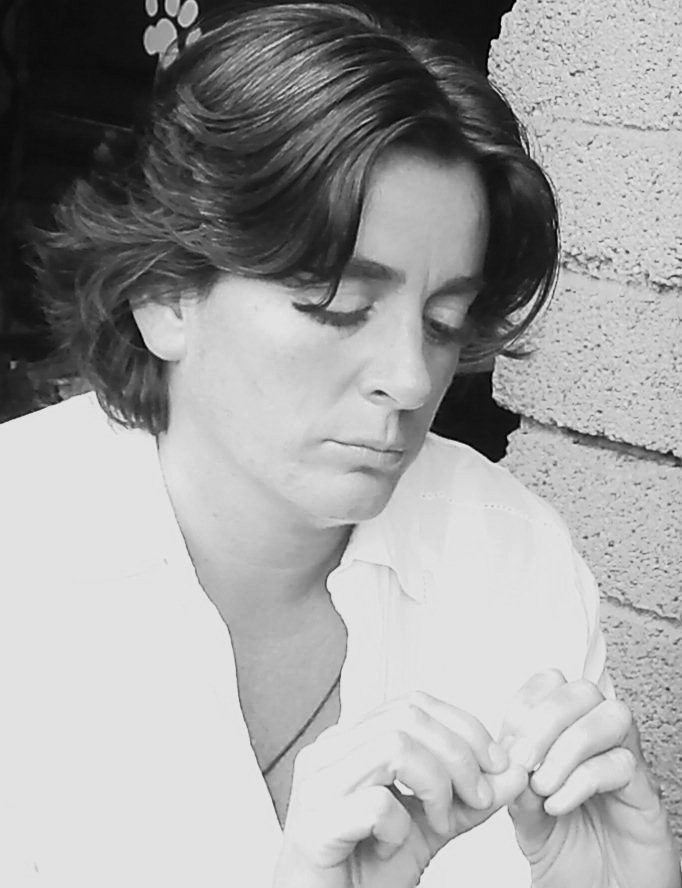
Guest Editorial 234: January 2019
Stories Matter, Class Matters
When I was growing up in the eighties I was a fierce reader, but I was often left feeling unfulfilled when I finished reading a book, because where were the stories that featured kids that like me who lived in a council house with a single parent? Where were the children who were on free school meals and had to do the walk of shame past the rest of the school every lunch time?
I like to think about my own background when writing; no money, no transport, no visible prospects, in order to inspire others to believe we can change our own narrative. As an adult I still find it hard to find many working class characters in fiction that are truly typical of my childhood or the lower socio-economic world that children and teens have to negotiate in Britain today. I suppose it was why I take writing so seriously, especially when writing for young adults.
So why is class still the forgotten corner of diversity?
For starters there are not enough working class writers being published in this country and I really think we in the publishing world need to change that by talking about it and encouraging the support of low income writers by institutions and arts bodies in a more consistent, sustainable way. It’s so important that working class writers are encouraged to write to ensure that our stories are told and the characters we create come from a place of truth and are neither stereotyped or clichéd. There is no better place for children to start writing about their experiences than in school in order to build confidence and self-esteem. Social class should always matter when we read and think about contemporary realistic fiction and we need to provide the young adult reader with a sense of belonging by writing stories that empower instead of isolate.
In my career as a writer for both YA and adult fiction, I have found that there is not only a shortage of working class writers being published, there’s a shortage of working class folk working in publishing and the result is a tiny circle of influence; the stories that get published, that are told, come from higher up in society. It’s a distorted reflection of the country we live in. Source material isn’t beyond reach; it’s within every working class writer.
Literature that addresses socio-economic issues is important on a personal and political level. Children and young adults feel respected and validated and their self-esteem is enhanced when they see themselves and their wider communities reflected in books. It illuminates the complexity and human dimensions of social deprivation, and it’s important because it’s often concerned with the basic subject matter of development. Storytelling is one of humanity’s oldest methods of possessing information and representing reality and is incredibly important in telling stories of poverty, especially from a working class perspective in order to reflect and celebrate this forgotten corner of diversity.
In my new book Only the Ocean, Kel Crow is a voice that comes from the margins of society, socially isolated and literally isolated through her rural location, but she’s a fighter and she’s tenacious and that determination is what motivates her and drives her forward. These kinds of voices are rarely heard, and when they are, we hear them written by people who might not have experienced any kind of marginalisation themselves.
Without authenticity, readers are not getting a true account of what it’s like to be poor or socially isolated. It is about making culture belong to all of us. Inclusivity is beneficial to everyone in society in the long term. Ultimately that’s why it’s important. Telling stories about lived experience can trigger a different way of thinking about poverty and increase support for better policies.
We as writers, educators, school librarians and publishing professional need to work together to change the story people hear, so they can think in a new way about poverty. The beauty of literature is that it provides a way for readers to explore new possibilities, to learn about themselves and the world around them.We need more compelling and believable stories with true representations of different economic backgrounds that can also provide some kind of hope, because our stories matter, class matters.
Natasha Carthew is a working-class writer from Cornwall where she lives with her girlfriend. She has written all her books outside, either in the fields and woodland that surrounds her home or in the cabin that she built from scrap wood. She has written two books of poetry as well as three YA books, Winter Damage, The Light That Gets Lost and her latest Only The Ocean all for Bloomsbury. Her first book for adults All Rivers Run Free is published by Riverrun/Quercus. She’s currently writing her second literary novel for adults and a new collection of rural poetry.




